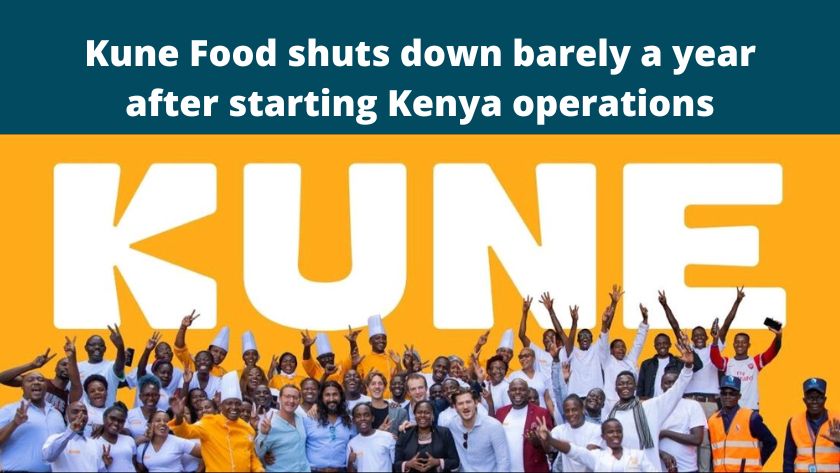African startups founded by whites may be winning the funding and PR game, but the local market (which these founders are dimly aware of) delivers the final judgment.
As for Kune Food, the markets have spoken. The startup did not do its homework. Kune Food started off on the wrong foot when its founder tried to come up with a false narrative that he launched the startup after failing to get affordable ready-to-eat meals in Nairobi. A blatant lie that immediately backfired on social media. Kune Food later apologized but the damage was done.
To me, if the problem statement was based on a lie, then Kune Food was a dead startup before it even launched. The only reason it even managed to go that far is because of a white founder. The startup overlooked a lot of market realities.
Starting with the food pricing; If you ask salaried guys in Nairobi or Dar es Salaam whether they are willing to spend $3 per meal, these are common replies you would get:
“Bro, spending $3 on a single meal is a once-in-a-while thing for the majority of us”
“If you are looking for repeat business, try to innovate something around Mihogo or Mandazi”
“Three dollars on one meal? That’s two meals at Mama Aisha’s eatery”
You may argue that the price was not an issue, which may be true. After all, Kune Food sold more than 55,000 meals and acquired more than 6,000 individual customers and 100 corporate customers. So the price was not an issue, right?
My contention is that it is easy to be fooled by first-time orders coming in droves based on the marketing hype you have done. But as soon as people start seeing the hole you are digging into their personal finances with that $3 per meal, they go back to Mama Aisha. You are easy to replace.
Another major challenge that led to their demise is a logistics issue. A B2C startup with a delivery component in Africa is destined to fail. It is not about fancy slogans with nice apps and a great e-commerce website, the real deal is logistics. Maybe it works in South Africa but in other places, the cost of running such a business is too high.
All of these of course could have been addressed if Kune Food did their homework. Not everything that looks like a business is a business. More importantly, people do not use a tech-based business for the sake of “tech”. So nice apps and websites do not work if you don’t bring new value from what people are already getting.
The lesson from Kune Food’s collapse is that we should not do our ROI and feasibility studies while seated in fancy hotels. Go and talk to real people down the street. They have the answers. Avoid “peer-reviewed” market research papers. Talk to people.
Another lesson: be grateful your business is taking longer to grow. You can only break your business by trying to move things too fast. Kune Food was in a hurry to nowhere, the hiring spree was crazy, and the marketing hype was too flashy. It is always wise to take things slow.
Markets don’t care how many rounds of funding you have nailed. You may have that privilege to easily access funds but unless you have a solution people want, your days are numbered. Business is hard.







0 Comments